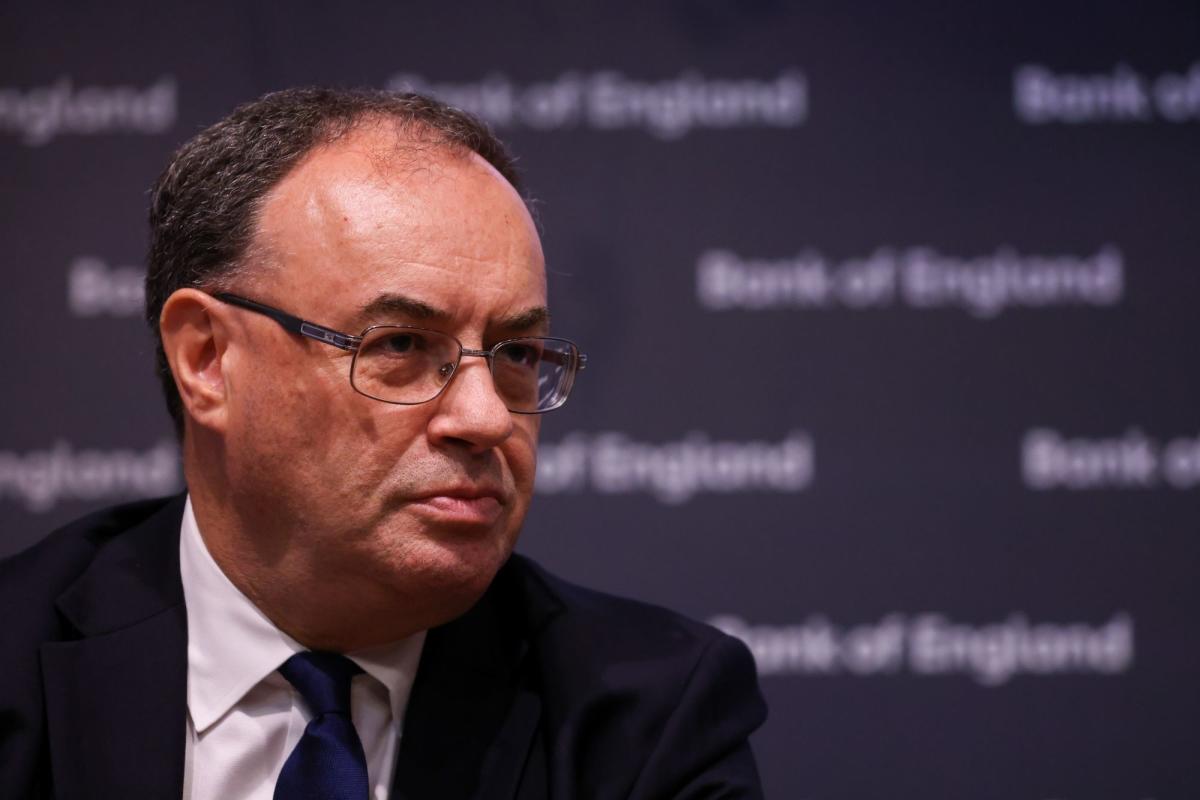
(Bloomberg) — Bank of England Governor Andrew Bailey urged investors to finish winding up positions that they can’t maintain, saying the central bank will halt intervention in the market as planned at the end of this week.
“My message to the funds involved and all the firms is you’ve got three days left now,” Bailey said at an event in Washington on Tuesday. “You’ve got to get this done.”
The pound fell against the dollar to trade 0.5% lower at $1.0997 after the remarks.
The Bank earlier on Tuesday expanded the range of its bond-buying program to include inflation-linked debt for the first time to avert what it called a “fire sale” that threatens financial stability. While the central bank has always said its support will end Friday, a lobby group representing UK pension funds had urged Bailey to extend the program at least until the end of the month.
The “essence” of an intervention to support financial stability “is that it is temporary,” Bailey said. “It’s not prolonged.”
“Two weeks is not enough, and more needs to be done,” said Daniela Russell, head of U.K. rates strategy at HSBC. “Pension funds are taking steps to address their liquidity issues but they are currently chasing a moving target as yields have continued to rise.”
Bailey has been wrestling with the turmoil in markets since Chancellor of the Exchequer Kwasi Kwarteng announced plans for £45 billion ($50 billion) of unfunded tax cuts in an effort to boost the long-term growth rate for the UK economy. The central bank governor told his audience that he’d worked round the clock for several nights in a row in order to devise the market intervention.
Officials at the bank had tried to come up with a policy that would have directly targeted stresses emerging in so-called Liability Driven Investment strategies, but they had been prevented from implementing them due to a “structural issue,” Bailey said. That had led them to introduce the bank’s initial pledge to buy long-dated gilts.
“In the end, we couldn’t make the targeted intervention into that particular sector,” Bailey said. “So we had to announce that we went by conventional bills.”
©2022 Bloomberg L.P.